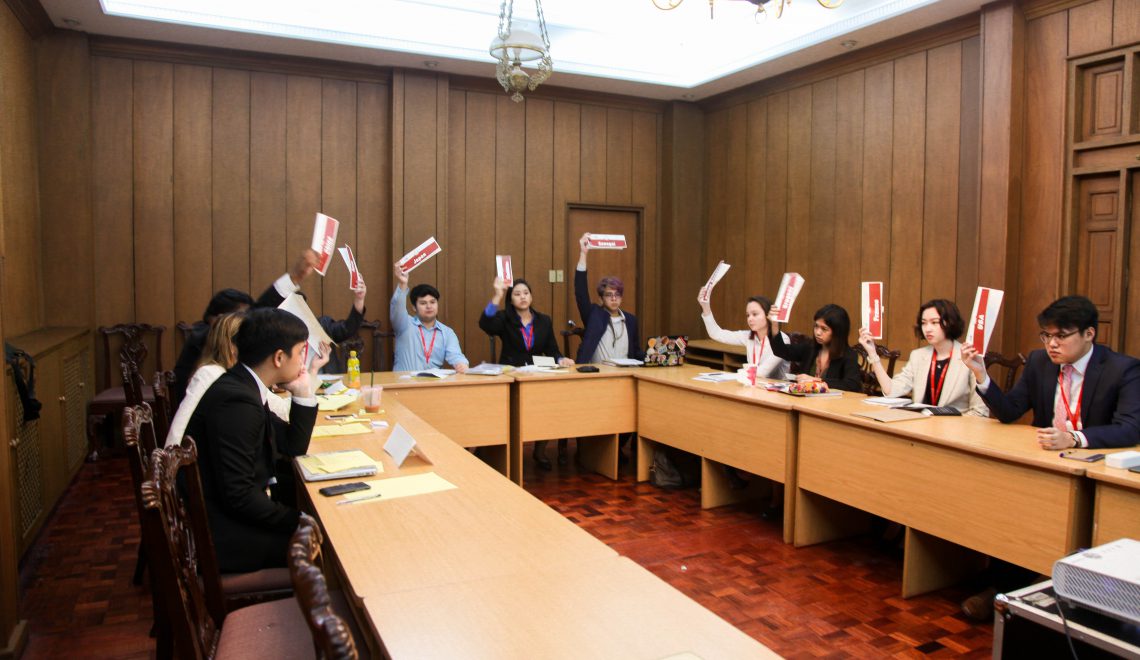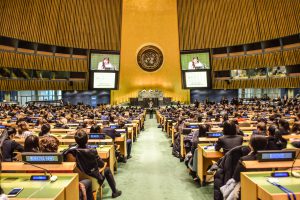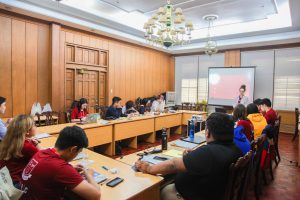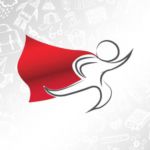
The “21st Century skills” has emerged as a buzzword in education as policymakers respond to advancements in technology and globalization to develop students for the workplace of the future. Improvements in communications technologies have connected people more than ever before, providing many opportunities to travel, study and work. While students have many more options that students have at their disposal, so too do employers seeking the best of the best to run their businesses and corporations. International organizations like the Asia-Pacific Economic Cooperation (APEC) and Organisation for Economic Co-operation and Development (OECD) have proposed Action Plans to build inclusive and quality education systems that develop innovative and competent individuals with more competitive prospects at seeking employment.
The “21st Century skills” play a central role in policy proposals and have been reiterated time and again at meetings and forums. They have been classified into three categories: learning skills, literacy skills, and life skills. In the first of this three-part series, we analyse each learning skill, discuss how schools develop these competencies, and show how Model United Nations (MUN) improves these skills. This article explores the four 21st Century Learning Skills: critical thinking, creativity, collaboration, and communication.
Critical thinking is a thought process that requires students to scrutinize facts rationally and objectively to form a judgement. Students need to identify, collect and evaluate information and data from various sources to come to a decision. Besides collecting information and coming to a judgement, critical thinking requires students to be objective in their thought process and look into their assumptions and biases. In all, this is a methodical process that develops students to be better problem solvers, as they develop a logical train of thought to identify problems and propose appropriate and targeted solutions.
 Schools develop these skills through the curriculum as they provide students with information to analyse and evaluate before asking them to make their own conclusion. In Economics, students pour through data, parse through key economic indicators, to propose solutions on the pros and cons of government policies. Humanities subjects like history require students to assemble information from various sources, analyse them for bias, before arriving at a historical account about how something in the past had unfolded.
Schools develop these skills through the curriculum as they provide students with information to analyse and evaluate before asking them to make their own conclusion. In Economics, students pour through data, parse through key economic indicators, to propose solutions on the pros and cons of government policies. Humanities subjects like history require students to assemble information from various sources, analyse them for bias, before arriving at a historical account about how something in the past had unfolded.
Students participating at a MUN conference develop their critical thinking skills as they devise solutions to contemporary issues facing the world today. More importantly, they need to be rational in evaluating the issue from the viewpoint of the country that they are representing in the conference, instead of bringing their own viewpoints into the debate. For example, if the delegate does not believe in capital punishment but has been assigned to represent a country that implements the death sentence for drug smuggling, the student has to put his/her personal views aside and represent the interests of the member state he/she has been assigned to. In sum, they need to distil information from government data, news reports and other sources, to arrive at a resolution that is agreeable to the majority. In the process of analyzing information from different sources, they can also develop their creativity as they absorb new points of view that look at these problems.
Creativity requires students to offer fresh perspectives and solutions to existing problems. It is a thought process that expands and provides an original viewpoint at situations and problems. This is different from critical thinking, which requires an in-depth logical and rational analysis of a problem. Creativity requires students to innovate and develop original solutions to problems.
Creativity can be developed in tandem with critical thinking to provide depth and breadth in problem solving. Singapore has identified critical and inventive thinking as one of the required skills to thrive in an increasingly globalized world as part of its 21st Century Competencies. This is taught through curriculum subjects like Project Work, where students analyse and apply information across different fields and disciplines to solve real-life problems that they have identified. In the process, they look at fresh perspectives to ongoing problems, and derive inspiration from these ideas to propose innovative solutions.
Model United Nations also trains students in creative thinking, as they have to evaluate ideas from different sources to analyse the problem they face in the topic and propose innovative solutions. Participating in a MUN conference challenges delegates to absorb different points of views on these issues and their proposed solutions. They need to evaluate the feasibility of their solutions from the view of the country that they represent and propose them to the international community of nations. As they interact with the different ideas being proposed by other delegates, they would work together with their peers representing other member states in the committee. Students with a creative mind are better equipped to collaborate with other committee members, as they can look at other sources as potential partners for collaboration rather than competitors.
Collaboration has been listed as a key learning trait in the 21st Century skills. As the world becomes more interconnected, students will receive new opportunities to work together across the physical and digital space with teammates near and far. As the internet becomes more available worldwide, students will be able to interact and work in increasingly digital spaces, opening a new domain that they have to work in. These growing connections have already been felt at the workplace, as teams work together across different locations and time zones. It is important for students to develop a strong sense of collaboration to navigate the dynamics of working with increasingly diverse teams.
 Schools have been developing collaboration in their assessments in examinable subjects, as well as activities outside the classroom. These include group essays in university modules and the Project Work subject in Junior Colleges in Singapore. In these subjects, students have to submit written reports which are graded assignments. Students need to work together to write these reports, merging individual contributions and writing styles into one document that is submitted by the team.
Schools have been developing collaboration in their assessments in examinable subjects, as well as activities outside the classroom. These include group essays in university modules and the Project Work subject in Junior Colleges in Singapore. In these subjects, students have to submit written reports which are graded assignments. Students need to work together to write these reports, merging individual contributions and writing styles into one document that is submitted by the team.
Similarly, delegates need to collaborate in MUN conferences as they submit resolutions to address the problems facing the international community. Delegates representing different member states in the committee need to collaborate to submit these documents such as working papers and draft resolutions and trust one another to represent the collective interest of the respective blocs. They would develop their collaborative skills as they navigate the group dynamics and take initiative on submitting resolutions for the committee to debate.
In addition, they would need to communicate with their peers from diverse backgrounds and manage the expectations of the committee to propose solutions to the problems they face.
Communication requires students to craft and convey their ideas towards different target audience groups in different mediums. Besides verbal communications in the students’ daily lives, it includes communications conveyed over text like emails and correspondences over social media. In the process, students will engage the ideas that they have to communicate and ensure that their target audiences remain engaged.
Schools have attempted to examine these communications skills as they provide assessments besides and inside their standardized tests. These include graded presentations, business pitches, and oral examinations which include a conversation section where students chat with the examiners. Meanwhile examination questions have included situational writing questions where students draft letters soliciting donations from corporate sponsors and even emails.
MUN conferences develop a student’s communication skills as students are required to convey complex ideas on international issues to a crowd that consists of their peers. They would have to simplify arcane and complicated technical terms in their speeches into key words and phrases that their peers would be understand. Effective communication skills build support for delegates presenting their ideas to their contemporaries, and help students win allies to their side.
Model United trains students to be cogent and collaborative communicators who can think creatively and critically. They are rational in dissecting the issues presented to them and devise fresh and innovative policies that advance the interests of their country and the committee. They collaborate with their peers who bring with them the interests of the member state that they represent and communicate convincingly to win the hearts and minds of their contemporaries. Through Model United Nations, students develop these 21st Century Learning Skills which would serve them well beyond the days at the conferences.


